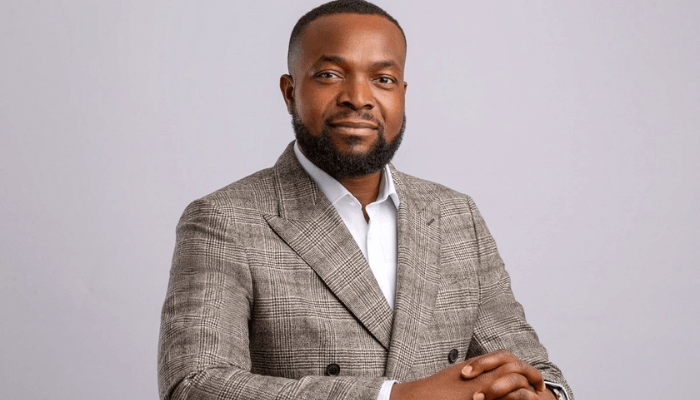African nations must work together to develop shared artificial intelligence (AI) infrastructure or face being sidelined in the global economy, according to Bosun Tijani, Nigeria’s Minister of Communications, Innovation and Digital Economy.
Speaking in Abuja at the opening of the GITEX Nigeria Summit 2025, Tijani warned that without deliberate collaboration, AI could deepen existing productivity divides between developed and developing nations.
“If we are not intentional, AI will widen the global productivity gap. Countries that are already ahead will accelerate further, while those still trying to catch up will fall behind,” he cautioned.
To underscore the urgency, Tijani compared crop yields across countries: while Nigeria produces about 2.5 tonnes of maize per hectare, South Africa averages 6 tonnes, and Brazil achieves 12 tonnes. The disparity, he noted, is not about land quality or rainfall but rather technology adoption and AI-powered precision farming.
He outlined four strategic pillars for Africa’s AI journey:
-
Balancing national sovereignty with cross-border governance,
-
Preparing young people with advanced technical skills,
-
Digitising local realities to create relevant datasets, and
-
Pooling investments in connectivity, computing power, and clean energy.
Tijani stressed that Africa’s youth remain its most valuable asset. He pointed to Nigeria’s 3 Million Technical Talent (3MTT) programme as an example of efforts to prepare the workforce for an AI-driven future.
He also highlighted the danger of relying on foreign datasets, particularly in areas like agriculture, health, and language: “If we fail to digitise African realities, we will continue depending on AI models that do not reflect who we are or what we need.”
The minister’s call comes as global technology leaders, including IBM, Meta, and MTN, rally behind Nigeria’s ambition to build a $1 trillion digital economy, underscoring Africa’s growing role in the global tech conversation.

